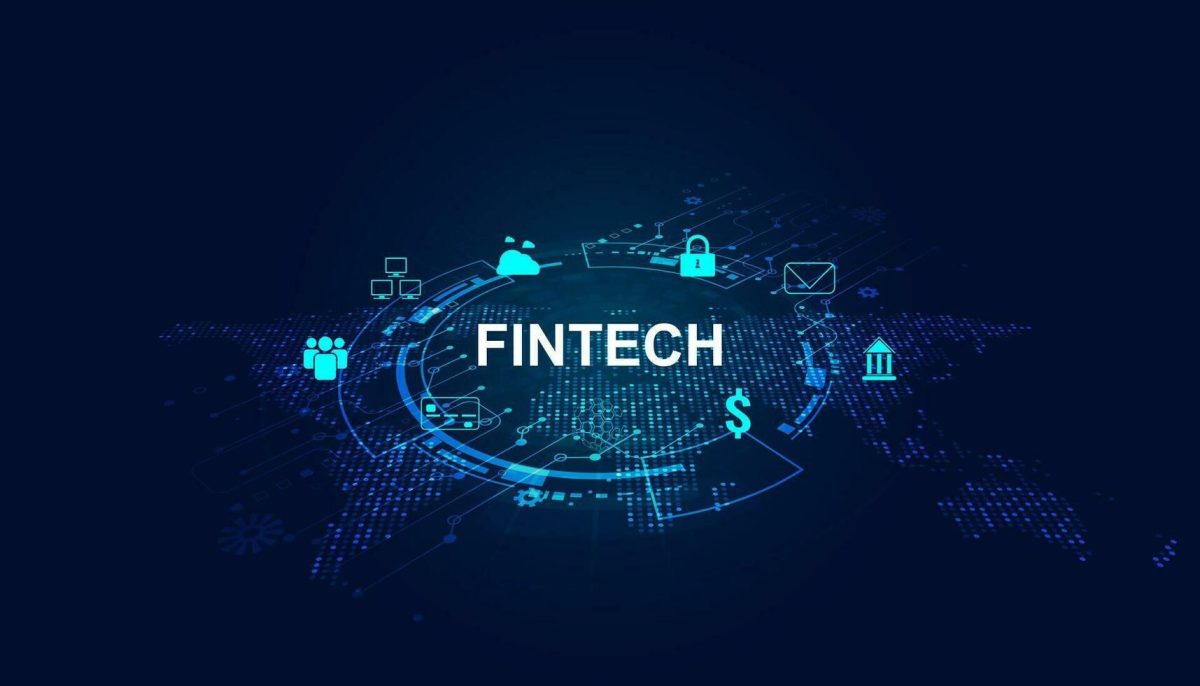Over the past decade, financial technology has shifted from being a disruptive fringe to becoming the backbone of global finance. From mobile payments to AI-driven credit models, fintech is now defining how people save, invest, borrow, and build. While much of the spotlight has remained on the United States, Europe, and parts of Asia, a quieter—but equally potent—revolution is underway in the Middle East, led by a surprising frontrunner: the United Arab Emirates.
A Strategic Vision
The UAE has never approached innovation reactively. Guided by national strategies like the UAE Vision 2031 and the National Strategy for Artificial Intelligence, fintech has been elevated from a niche industry to a national priority. Government-backed initiatives, such as the DIFC FinTech Hive and ADGM’s Digital Lab, have positioned the UAE as a sandbox for fintech experimentation, offering startups not only capital and mentorship but also regulatory flexibility.
This proactive regulatory approach is perhaps the UAE’s most significant differentiator. Whereas many jurisdictions treat regulation as a gatekeeping mechanism, the UAE sees it as an enabler of innovation. The Dubai Financial Services Authority (DFSA) and the Financial Services Regulatory Authority (FSRA) have been among the first in the region to implement clear frameworks around digital assets, open banking, crowdfunding, and robo-advisory services. The message is clear: innovation is welcome, but it must be safe, secure, and scalable.
Fintech as a Catalyst for Regional Transformation
The UAE’s fintech ambitions aren’t purely domestic. As a regional hub, the country is shaping fintech not just for itself, but for the broader Middle East and North Africa (MENA) region. With over two-thirds of the MENA population still unbanked or underbanked, the opportunity for digital financial inclusion is profound. The UAE is becoming the launchpad for solutions targeting this demographic—offering platforms that bring micro-lending, digital wallets, and mobile insurance to underserved communities across the Arab world and Africa.
Moreover, with the rising demand for Sharia-compliant fintech solutions, the UAE’s sophisticated financial ecosystem is merging tradition with innovation. From Islamic robo-advisors to blockchain-based sukuk issuance platforms, fintech in the UAE is not just digitizing finance—it’s culturally contextualizing it.
Beyond Payments: The Next Frontier
While payments and digital wallets have dominated the first wave of fintech in the region, the next phase is more complex—and more powerful. The UAE is actively exploring:
- Open Banking: With banks increasingly required to share data through secure APIs, a new era of personalized and competitive financial services is emerging.
- Asset Tokenization: Real estate, art, and even corporate bonds are being tokenized, lowering entry barriers and increasing liquidity in traditionally illiquid markets.
- AI-Driven Risk Management: With AI, fintech platforms can better assess creditworthiness, detect fraud, and offer predictive insights for businesses and consumers alike.
- Green and ESG-focused Fintech: In line with the UAE’s net-zero goals and its position as host of COP28, fintech is being deployed to support carbon tracking, ESG investing, and sustainable finance reporting.
Fintech as a Sovereign Advantage
Ultimately, fintech in the UAE is more than a commercial sector—it is becoming a tool of sovereign economic strategy. By building a knowledge economy underpinned by digital finance, the country is diversifying beyond oil, attracting global investment, and creating high-skilled jobs for its youth.
The UAE is also uniquely positioned to serve as a financial bridge between East and West. Its timezone, regulatory agility, infrastructure, and multicultural business environment make it a natural hub for fintech firms looking to scale across continents.
Conclusion: A Financial Renaissance
Fintech is no longer a fringe experiment. In the UAE, it is a core pillar of national ambition and regional leadership. As the world looks for new models of inclusive, agile, and resilient finance, the UAE is not just participating in the global fintech movement—it’s setting its own course, one that blends innovation with foresight, and growth with governance.
In doing so, the UAE is not only powering its own transformation, but lighting the path for an entire region ready to leapfrog into the future of finance.



